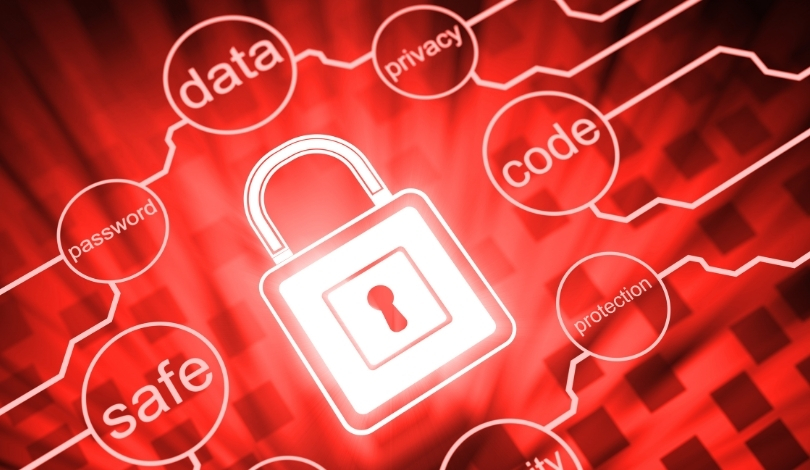Financial efforts by the United States Treasury Department have intensified as officials announce sanctions against eight individuals and two companies alleged to be critical players in North Korea’s cybercrime and illicit IT operations. These measures reflect ongoing worries about how cyber-enabled activities fund Pyongyang’s objectives, particularly its weapon programs. As law enforcement agencies continue to scrutinize cross-border financial flows, experts note a rising sophistication among groups believed to be operating on behalf of the North Korean government. The sanctions attempt to limit access to global markets while sending a message about the consequences of enabling cybercrime networks. Actions like these echo previous efforts to curb Pyongyang’s underground economic ventures, though analysts remain divided over their efficacy.
Sanctions levied over recent years have frequently focused on financial and IT networks suspected to assist North Korean entities. Patterns emerge showing both a growing number of designations and increasingly complex enforcement strategies, as global coordination between the U.S. and allies has strengthened. Earlier cases saw similar accusations against North Korean intermediaries, but the most recent Treasury moves underscore concerns about the scale and persistence of cryptocurrency theft, as well as the elaborate disguises used by operators within China and Russia.
Who Faces Sanctions under the Latest U.S. Actions?
The newly named entities include two North Korean financial professionals, Jang Kuk Chol and Ho Jong Son, associated with the management of cryptocurrency funds for First Credit Bank, and Korea Mangyongdae Computer Technology Company, an IT firm run by U Yong Su. Ryujong Credit Bank, based in North Korea, and a group of five individuals stationed in China and Russia—Ho Yong Chol, Han Hong Gil, Jong Sung Hyok, Choe Chun Pom, and Ri Jin Hyok—were also cited. Officials allege these institutions and individuals played key roles in facilitating complex money laundering techniques, working to bypass international restrictions imposed on North Korea.
What Methods Did North Korean Networks Allegedly Use?
Treasury statements reveal that North Korean cybercriminals have diverted more than $3 billion, mainly in cryptocurrency, since 2020. The department also identifies fraudulent IT worker schemes—often involving faked identities or remote work contracts for foreign companies—as primary sources for hundreds of millions in additional revenue. These activities, both financial and technical, play an important part in supporting the regime’s ongoing projects and global ambitions.
Why Do Officials Link These Schemes to Broader Security Concerns?
Authorities view the sanctioned entities not just as economic actors, but as contributors to projects that endanger international security, notably nuclear armament.
“North Korean state-sponsored hackers steal and launder money to fund the regime’s nuclear weapons program,”
stated John Hurley, Treasury undersecretary for terrorism and financial intelligence. He emphasized that by financing Pyongyang’s weapons development, these networks represent a direct threat, saying,
“By generating revenue for Pyongyang’s weapons development, these actors directly threaten U.S. and global security.”
Their activities have prompted international reports citing North Korea’s growing cyber capabilities, which are judged to rival some of the world’s most experienced state-run programs.
Sanctions of this nature shine a light on the adaptability of North Korea’s cyber and financial apparatus. Over years of regulatory tightening and publicized seizures of illicit assets, the resilience and creative tactics shown by actors linked to Pyongyang are consistently noted. The expansion of cryptocurrency as a conduit for laundering and the deployment of IT worker delegations mark a significant shift from prior, more traditional methods of bypassing sanctions, such as physical smuggling or diplomatic cover.
Effective restriction of such activity requires persistent cooperation among nations, improved tracking of online financial transactions, and a unified approach to information sharing. Readers operating in sectors exposed to cross-border financial activity or international contracting should be aware of the risks involved when dealing with unknown or unscreened partners, particularly where cryptocurrency or remote IT labor is concerned. Rigorous vetting and compliance standards offer effective tools to minimize exposure. The situation serves as a reminder of how geopolitical tensions increasingly intersect with the digital economy and of the importance of preparedness in addressing persistent cybercrime threats.










